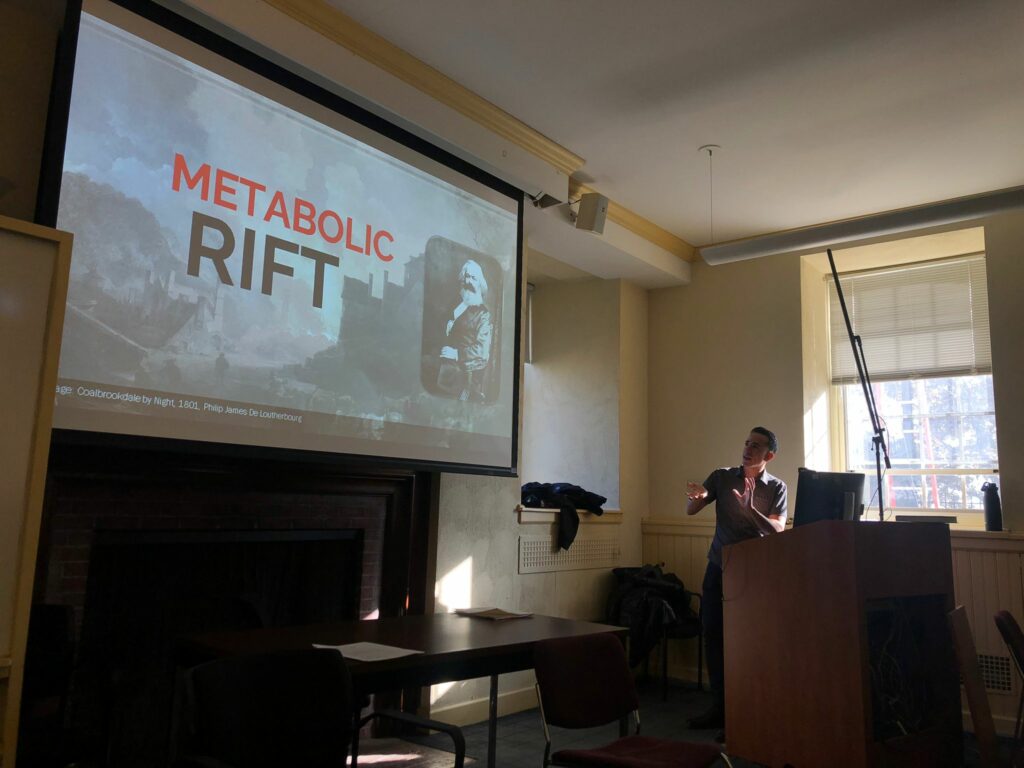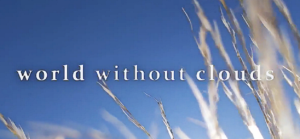
As an interdisciplinary scholar, artist, filmmaker, and speculative fiction writer, I embrace and encourage creativity in the classroom. In my courses, I strive to cultivate multimodal approaches to learning. I design course syllabi to accommodate a range of learning styles by including artwork, films, dance, graphic novels, fiction, poetry, and non-textual media whenever possible to complement course readings and assignments.
Core Teaching Principles
- Creativity
- Flexibility
- Accessibility
- Reflexivity
- Horizontality versus Hierarchy
- Intellectual diversity
- Inclusivity with zero tolerance for ableism, racism, cissexism, heterosexism, ageism, or classism
Sample Courses
Hackers, Gamers, Hidden Figures: Cultures of Computing
This course engages with computers as artifacts of culture, history and sociopolitical orders. Drawing on historical and ethnographic accounts, students will gain an understanding of various computing cultures of practice including hackers, “hidden figures”, gamers, programmers, engineers, and infrastructure operators. Students will also explore the history of automation and capitalist manufacturing; cybernetics; racialized and gendered subjectivities; the creation and commoditization of the personal computer; the growth of the Internet as a military, academic, and commercial project; robots; social media; big data; and the rise of artificial intelligence (AI). Emphasis is placed on how ideas about gender and other social differences shape labor practices, models of cognition, and material and symbolic practices of computing cultures.
Language & Culture through Speculative Fiction
This course provides an introduction to the methods and insights of linguistic anthropology, a sub-field of anthropology devoted to the study of language and communicative interaction as social and political processes. Drawing on a range of ethnographic case studies, students will learn to recognize the sociocultural function of language and the ways that experiences, identities, relationships, and statuses like race, class, and gender are structured through communicative activities. Topics of study will range from language socialization, speech communities, multilingualism, codeswitching, dialects, gesture, emojis, and semiotics, the study of signs and meaning. Additionally, students will engage with linguistic-themed works of speculative fiction by Ted Chiang, China Mieville, and Ai Jiang to grapple with course themes of belonging, translation, and community. Students will gain the opportunity to conduct their own semester-long research project on a speech community or linguistic phenomenon of their choosing using the tools of the course to reflect on their experiences.
Climate Fictions, Climate Futures: An Introduction to Speculative STS
Per the United Nations Intergovernmental Panel on Climate Change (IPCC) most recent report, the climate disaster is already upon us. For scientists, governments, publics, and scholars, what comes next is an open question. Do we prevail, against all odds, by transforming our society, or does civilization collapse, falling prey to the excesses of colonial capitalist extraction? In this course, students survey emerging genres of speculative fiction that engage with these questions. We will think with theorists such as Ruha Benjamin, Donna Haraway, and Malka Older to consider fiction as a method, a form of resistance, a warning or a blueprint for what could be. Students will engage with a transnational collection of short stories, novels, comics, films, and artworks in the subgenres of climate fiction (or clifi), ecopunk, solarpunk, lunarpunk, silkpunk, Afrofuturism, Africanfuturism, Amazofuturism, Indigenous futurism and more. Paired with approaches from STS and Anthropology, students will analyze how axes of race, class, gender, ability are differently configured in the novel worlds imagined by authors and creators. The course will culminate with an opportunity for students to create their own short work of climate fiction (textual, graphic, or multimedia) alongside a companion essay or podcast which frames their creative work using approaches from STS & Anthropology.
Healing, Illness, Culture
As an introduction to medical anthropology, this course approaches “illness” and “healing” as complex biocultural experiences and narratives. By surveying histories, media discourses, medical anthropological literatures, documentary films, podcasts, and graphic ethnographies, students will learn to identify the complex environmental, economic, political, linguistic, and sociocultural dimensions of health. Topics include; theories of the body in Greek, Chinese, and Ayurvedic medicine traditions; the socialization and training of medical students and physicians; witchcraft and spirits; germ theory; purity and pollution; madness and hysteria; cultures of addiction; relations of care; death and dying; birth and reproductive health; organ transplants; healers; environmental racism; structural violence; clinical trials; global pharmaceuticals; biopower; and the COVID-19 pandemic. As they engage course materials, students will be asked to engage in an autoethnographic project called a health diary, where they will be able to locate cultural narratives discussed in course readings in accounts of their own health.
Pedagogical Resources
World Without Clouds: An Anthropological Experiment
Inspired by our climate emergency, “World Without Clouds” is a collaborative film with a companion syllabus for teaching and workshops.

